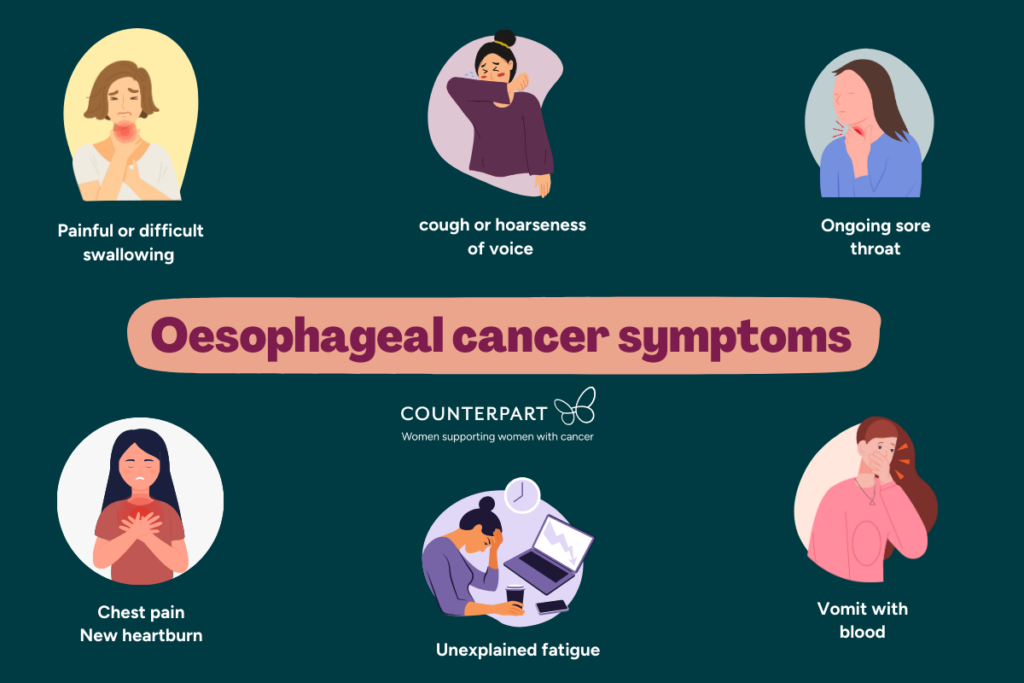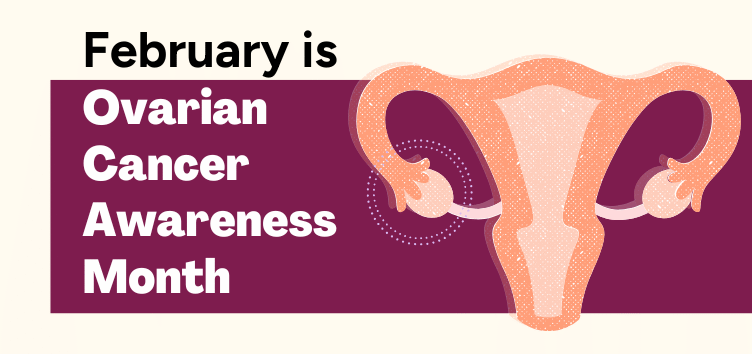Oesophageal cancer: symptoms, reduce risk, and support options
Oesophageal cancer, while not as widely discussed as some other types of cancer, is a serious health condition that affects many Australians each year. Understanding the symptoms, risk factors, and treatments available can make a world of difference in early detection and improving outcomes. The 5-year survival rate for oesophageal cancer, though significantly lower than many other cancers, has improved in recent years, rising from 12% in 1982-1986 to 25% in 2017-2021. (Cancer Council Australia, June 2024)
What is oesophageal cancer?
The oesophagus is the tube that carries food and liquids from your mouth to your stomach. Oesophageal cancer develops when abnormal cells grow uncontrollably in the lining of the oesophagus. These cells can form a tumour that can interfere with swallowing and, in more severe cases, spread to other parts of the body.
There are two main types of oesophageal cancer:
- Adenocarcinoma: This is the most common type in Western countries, including Australia. It usually starts in the lower part of the oesophagus near the stomach and is often linked to acid reflux or gastroesophageal reflux disease (GERD).
- Squamous cell carcinoma: This type typically starts in the upper and middle part of the oesophagus and is more common in countries with high rates of tobacco and alcohol consumption.
Prevention: how can you reduce the risk?
There are some risk factors for oesophageal cancer which can be modified.
- Maintain a healthy weight
- Quit smoking and limit alcohol intake
- Manage acid reflux
- Eat a healthy diet
Taking these steps may not prevent you developing cancer, and some people with multiple risk factors may not ever develop oesophageal cancer. Cancer Australia has more information about risk factors for oesophageal cancer (Cancer Australia, September 2024).
What symptoms should you watch for?
Oesophageal cancer can develop slowly, and the early stages often do not cause noticeable symptoms. However, as the cancer progresses, you may begin to notice the following signs:

If you experience any of these symptoms, it’s essential to consult a healthcare professional as soon as possible. Early detection is key to improving the chances of successful treatment. (Cancer Council Australia, February 2025)
Where can you get get support if you are diagnosed?
Pancare Foundation – provides in-depth information on various aspects of oesophageal cancer from symptoms, diagnosis and beyond. They also offer supportive resources and practical guidance to help patients and their loved ones navigate the challenges associated with this type of cancer. Pancare offer support with specialist nurses and the PanSupport Helpline. Their patient handbook is a helpful resource.
GI Cancer Institute – Information, resources, support group directory, and links, including details on current clinical trials.
Counterpart Peer Support Volunteers – Talk to a woman who has experienced cancer and is trained to support others experiencing cancer.









